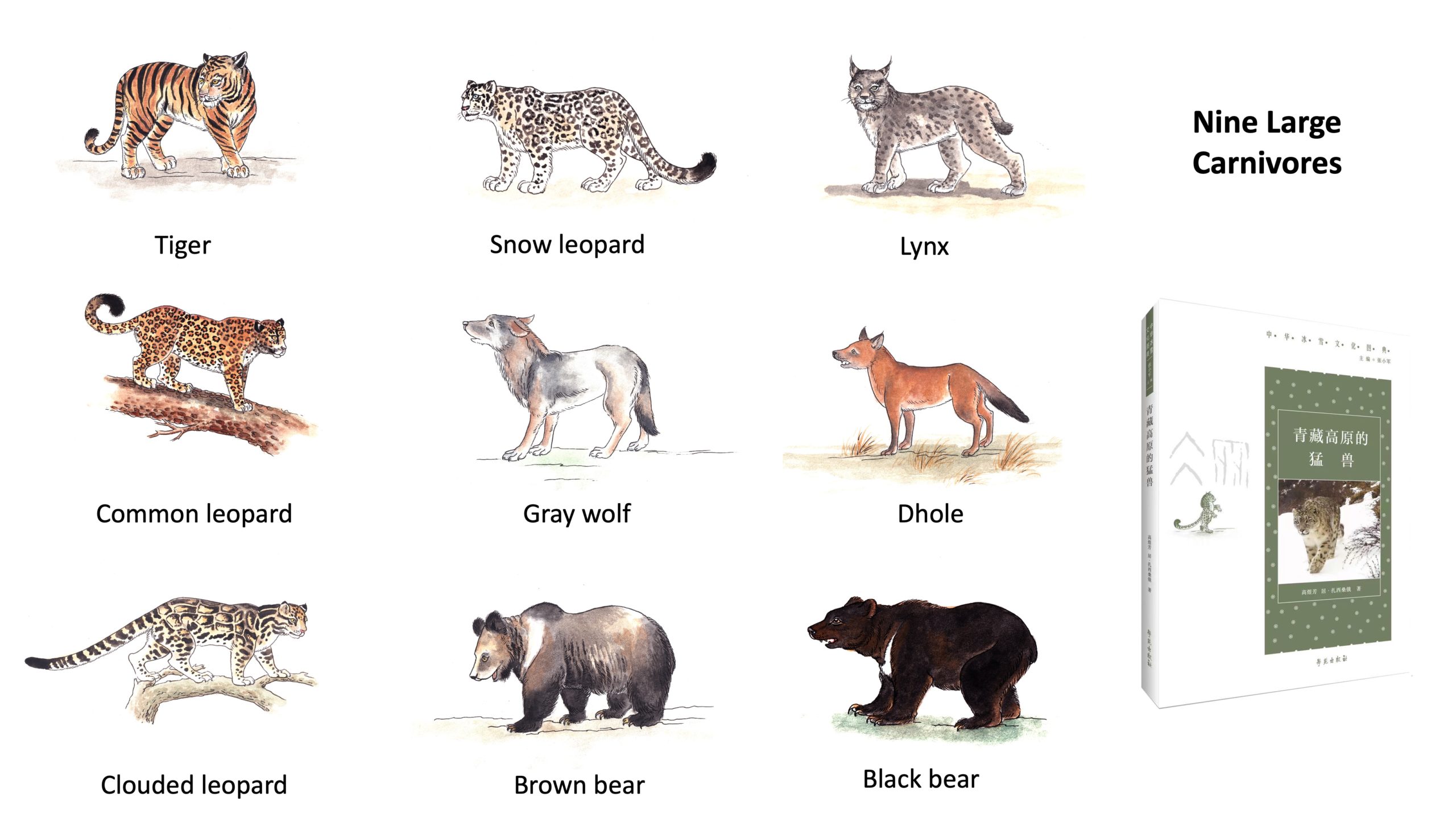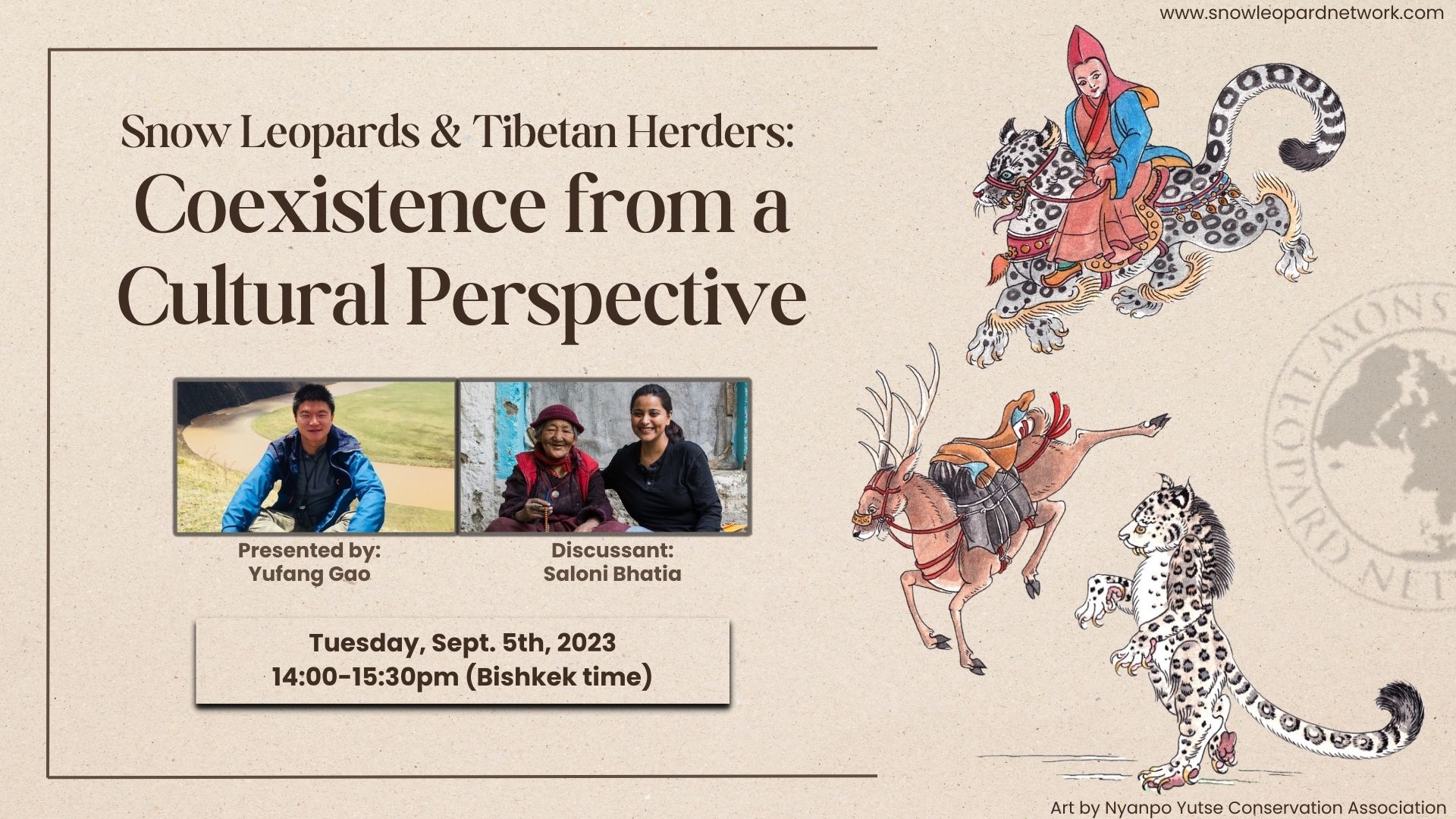
You are invited to a webinar that delves into the concept of ‘coexistence’. This term is intertwined with various strategies and conservation goals, but what does it truly encompass? Moreover, how does it resonate with different groups of people from diverse cultural perspectives? Join us in the company of our guest speaker, Gao Yufang, an interdisciplinary scholar, as he shares his recent research centered around the concept of ‘coexistence’ on the Tibetan plateau. His exploration is interwoven with the threads of traditional knowledge and culture, shedding light on the interconnections.
Our webinar will also feature the insights of Saloni Bhatia, a conservation anthropologist based at the Ashoka Trust for Research in Ecology and the Environment. Her prior research was conducted in Ladakh, where she explored the biocultural interplay between large carnivores and human populations, a journey she continues to explore. Finally, Arash Ghoddousi, joining us from Humboldt-University Berlin, as our facilitator, will weave together these diverse perspectives. We extend an invitation to you to partake in the discussion as we collectively explore the dimensions and implications of the concept of ‘coexistence’ across the snow leopard range and beyond.
 About the Talk:
About the Talk:

Conservationists worldwide are making efforts to minimize human-wildlife conflicts for coexistence. Despite its varying definitions, coexistence generally requires humans to sustainably share landscapes and resources with wildlife. This is a grand objective that presents significant challenges. It requires more than scientific evidence, technological innovation, market efficiency, and policy adjustment, but also transformation in our mental map of reality, ways of knowing, and values. Yufang Gao’s interdisciplinary scholarship aims to develop a holistic understanding of the ecological, sociopolitical, and cultural dimensions of human-wildlife coexistence across multiple spatiotemporal scales and institutional contexts in China and worldwide. In this talk, he will use Tibetan traditional knowledge about snow leopards and other large carnivores to discuss the role of culture in shaping local imagination as to the ends, means, and contexts of coexistence and its implication for conservation.
Meet our Guests:
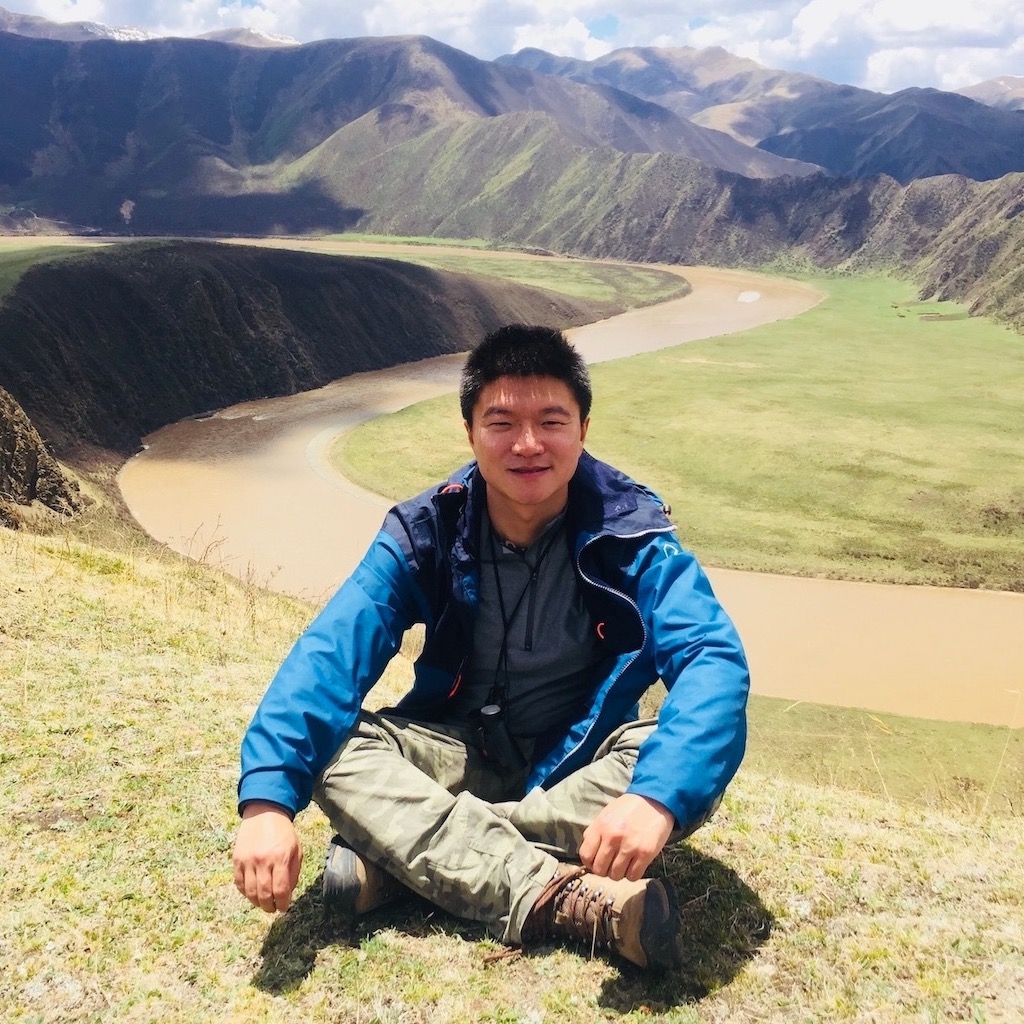
Yufang Gao is a Chinese conservationist passionate about integrating knowledge and practice for human-wildlife coexistence. He holds a B.S. in Biology from Peking University, a M.S. in Environmental Science, and a combined Ph.D. in conservation science and environmental anthropology from Yale University. For the past 15 years, Gao has worked with international, national, and local organizations on a wide range of projects related to large carnivore conservation on the Tibetan Plateau. His work has been recognized by the National Geographic Emerging Explorers Award, Marsh Award for Terrestrial Conservation Leadership, and Roy A. Rappaport Prize in Environmental Anthropology, among others. Currently, he is leading an initiative that aims to engage and empower early-career Chinese conservationists for the development of conservation edgewalkership.
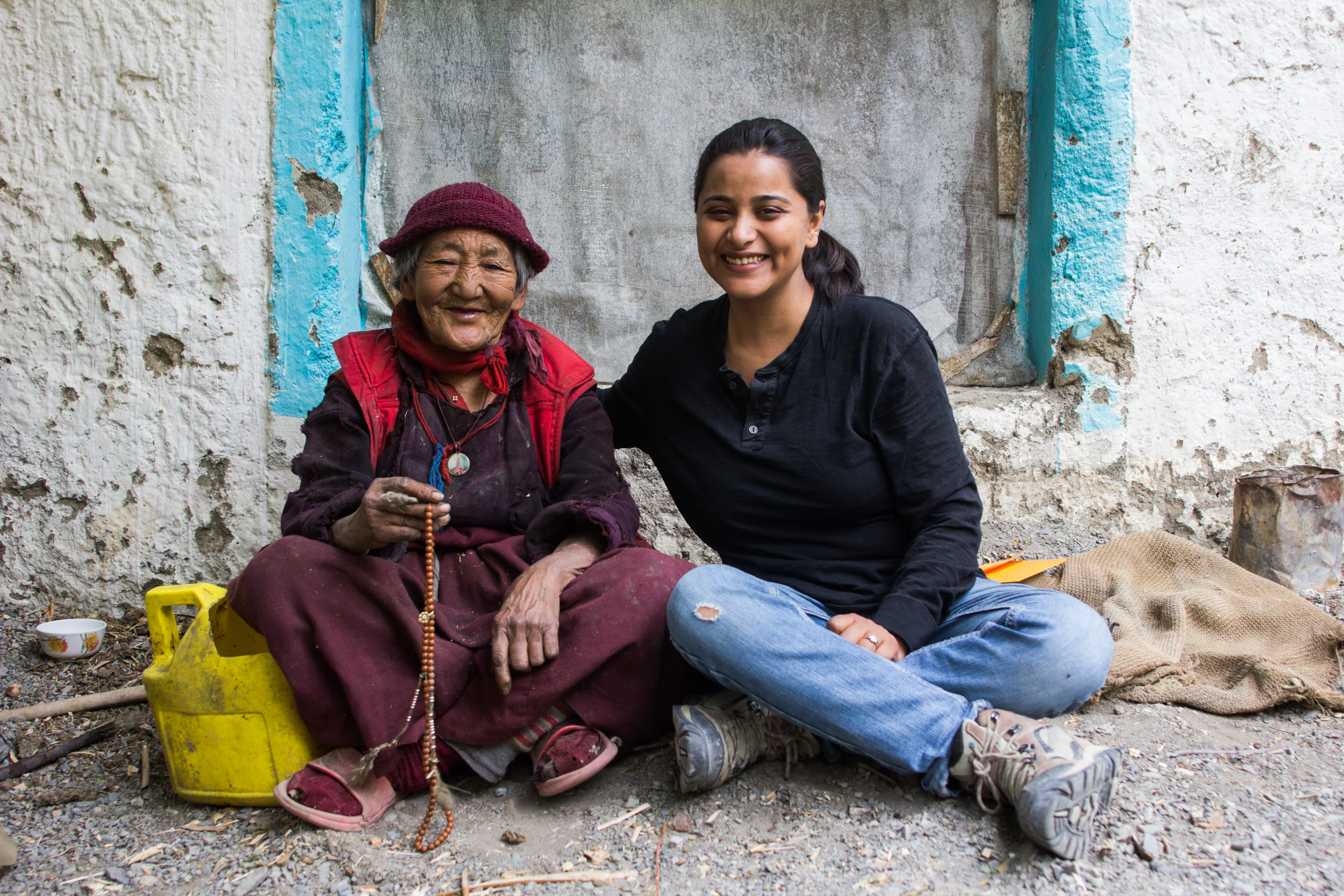
Dr. Saloni Bhatia is a conservation anthropologist based at the Ashoka Trust for Research in Ecology and the Environment, Bangalore India. She studies the relationship between people and their environment including human-wildlife interactions, largely in the high altitude Himalayan landscape. Her past work has examined the biocultural relationships between large carnivores and people in Ladakh where she continues to work to the present day.
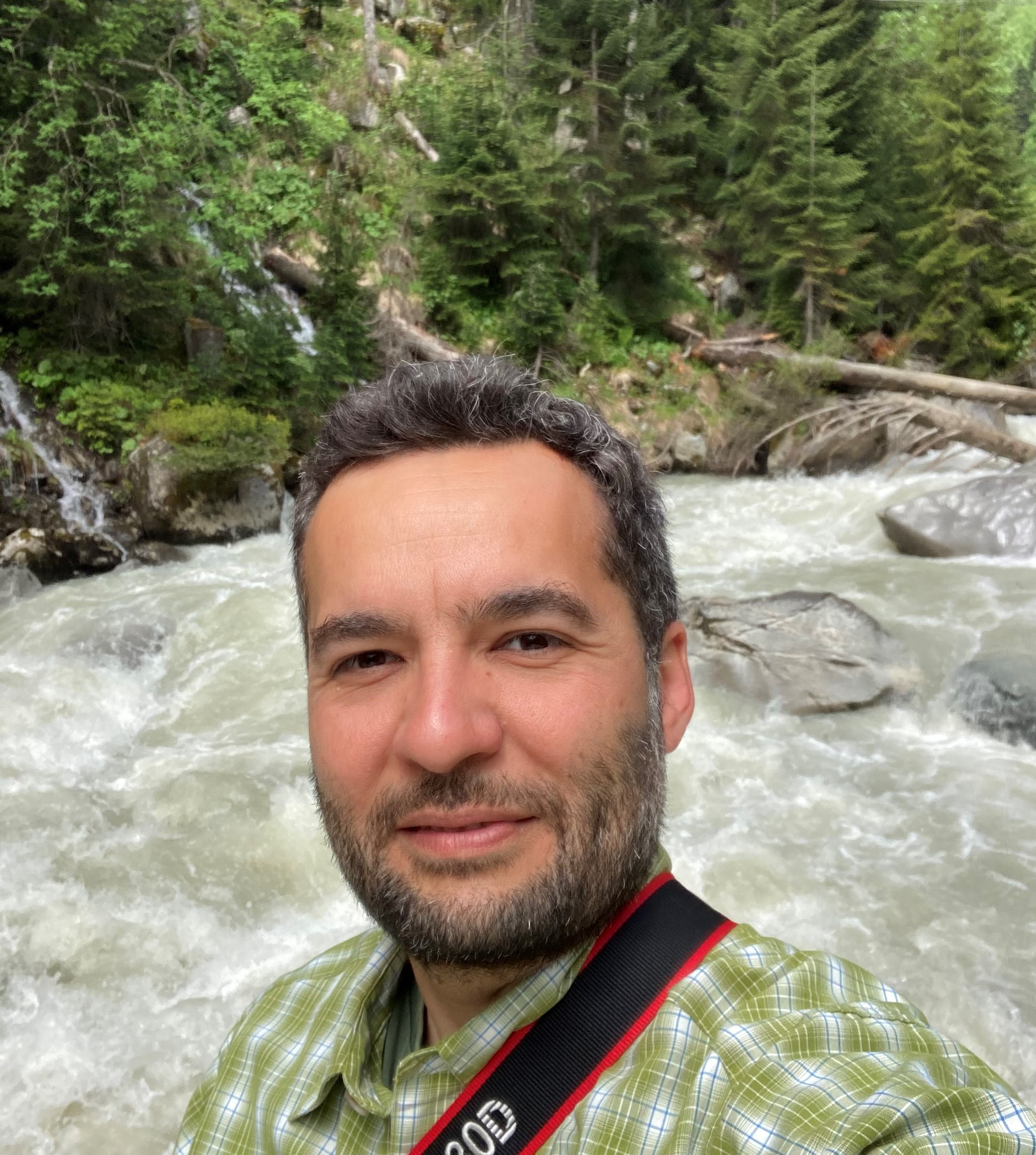 Arash Ghoddousi is a Research Fellow at Humboldt-University Berlin. The focus of my research is on understanding and improving the effectiveness of protected areas and law enforcement mechanisms, offering insight into human-wildlife conflict and poaching, as well as, improving methods in monitoring large mammals. He is particularly interested in the conservation of big cats and mountain ungulates with a special focus on southwest Asia, the Caucasus and Central Asia. He has close collaborations with conservation organizations (e.g., IUCN, WWF) around the world and consult on several projects.
Arash Ghoddousi is a Research Fellow at Humboldt-University Berlin. The focus of my research is on understanding and improving the effectiveness of protected areas and law enforcement mechanisms, offering insight into human-wildlife conflict and poaching, as well as, improving methods in monitoring large mammals. He is particularly interested in the conservation of big cats and mountain ungulates with a special focus on southwest Asia, the Caucasus and Central Asia. He has close collaborations with conservation organizations (e.g., IUCN, WWF) around the world and consult on several projects.
Date/Time
Tuesday, 05th September, 2023 at 14:00pm Bishkek time
Location
ZOOM, to join this talk, REGISTER HERE
Please note
- If you have never used Zoom before, we recommend that you try the link 10 minutes before the start of the lecture.
- Please feel free to write questions in the comment area and there will be time for questions/discussion at the end of the talk.
- Please note that the session will be recorded and later featured on the SLN website. If you have concerns about this please let us know before the session.
